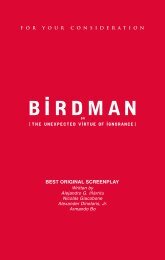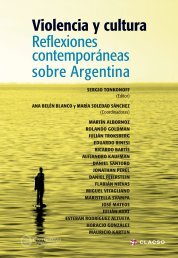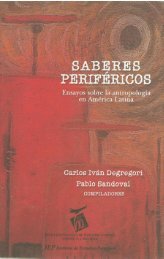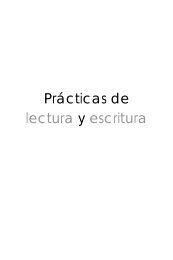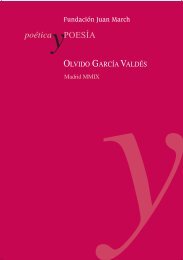blueprints
blueprints
blueprints
You also want an ePaper? Increase the reach of your titles
YUMPU automatically turns print PDFs into web optimized ePapers that Google loves.
About River of Words | 99<br />
culture entering the decomposition phase of the carbon cycle. But the river<br />
was beautiful in great stretches, despite the defacements, and the Army<br />
Corps restoration project—thick with nesting water birds when we paddled<br />
into it in the early spring, the river surface fluid and shiny with the<br />
reflection of trees just leafing out—showed what it could be again.<br />
Robert Boone had created the Anacostia Watershed Society to create a<br />
constituency for new storm drains (a congressional committee oversees the<br />
city’s infrastructure), the restoration of the river and its flora and fauna, and<br />
improved access to the river for recreational use. Pamela Michael was anxious<br />
to see—and so was I—that the children of Washington participated in<br />
the contest and that some of them were invited to the ceremony. One<br />
friend went to work making contacts with the private schools where the<br />
children of the Washington elite were educated, and another arranged for<br />
me to meet with Kenneth Carroll, the local director of WritersCorps,<br />
which was teaching poetry in the city’s public schools. Robert Boone<br />
arranged for the Anacostia Watershed Society (AWS) to give an annual<br />
prize to a DC child for the best poem or painting from the city about the<br />
city’s watershed, and he arranged with Pamela Michael to take the children,<br />
their parents, and some of the visiting writers canoeing on the Anacostia<br />
while they were in Washington and to spend one morning during the<br />
weekend picking up garbage on the riverbank. On the morning of the<br />
actual cleanup, a cool sunny spring morning, the visiting writers—Terry<br />
Tempest Williams and Barry Lopez among them—in boots and gloves, the<br />
children in boots and gloves, I knew that it wasn’t an entirely symbolic<br />
action. The AWS was going to continue to recruit people to keep the riverbanks<br />
clear of junk, but the morning did feel like a serviceable metaphor to<br />
me. It connected Robert Boone’s idea that every river in America ought to<br />
be swimmable and fishable, biologically as well as chemically and physically<br />
alive, and that people should have access to these rivers, to my flickering<br />
notion that a healthy culture would be teaching its children to respect the<br />
places where they live. It would nurture the creativity in their history—<br />
their literary and artistic and scientific traditions—and in the kids who are<br />
their future.<br />
I did have reservations about River of Words at the outset. I wasn’t crazy<br />
about the idea of a contest, but I didn’t see how else, any more than I do in<br />
the adult culture, to get people to pay attention. But my deeper reservation<br />
had to do with dictating a subject to poets, even young poets, particularly<br />
this subject. Much instruction in the arts has had to do with giving begin-



